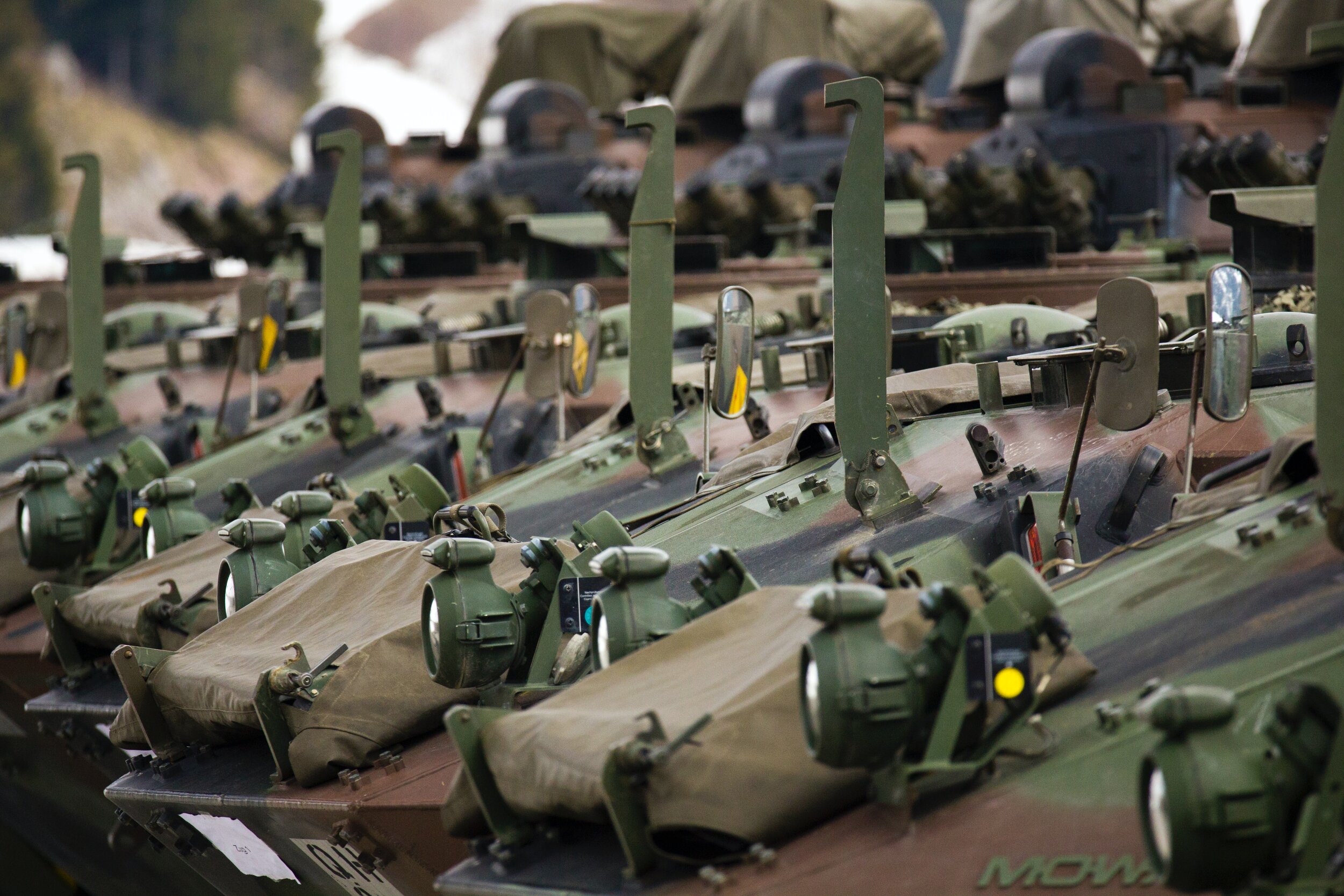Titanium Technology Protection
The most robust Linux system-hardening and security capability available on the market for operationally-deployed Linux system.
The most robust Linux system-hardening and security capability available on the market for operationally-deployed Linux system.
Star Lab’s Titanium Technology Protection offers the most robust Linux system-hardening and security capabilities available on the market today for operationally-deployed Linux systems. Designed using a threat model that assumes an attacker will gain root (admin) access to your system, Titanium for Linux maintains the integrity and confidentiality of critical data and configurations while assuring operations. It also enables customers to rapidly and affordably address the majority of their technical IA / cybersecurity controls with a single product.

Cyber-attacks against mission-critical combat systems are a growing concern across the Department of Defense. Existing approaches to securing and defending these systems almost universally adopt methods used to protect enterprise systems such as: basic network firewalls, persistent threat monitoring and auditing.

Titanium Technology Protection simplifies Mandatory Access Control (MAC) policy creation, requiring only policies for protected applications, libraries, scripts and data files.

Denies by default access to protected entities even from root level users

Controls and restricts direct access to system hardware resources, such as peripherals and storage devices

Prevents malicious modifications of system BIOS and firmware

Enables secure software updates

Encrypts and authenticates MAC policies as part of the secure boot process

Titanium Technology Protection removes unnecessary OS functionality which could help an attacker analyze system configuration, execution flow and protected applications.

Disallows unsigned module loading or process debugging

Removes Kernel functionality and features

Eliminates the chance of hardened configurations being modified or bypassed in the field
Titanium Technology Protection never sleeps, protecting sensitive data, configuration files, and executables during runtime and rest.

Enforces runtime protections such as debug prevention, copy protection, unauthorized reading of memory and protection against the unauthenticated loading of code into protected applications

Authenticates protected entities, verifying that they have not been altered, and only decrypting files as needed (decryption keys are protected and stored out-of-band from attackers)

Ensures sensitive applications, data files and configurations are cryptographically bound to particular hardware, defeating any effort to copy and run applications on non-authentic or instrumented devices

Cryptographically authenticates data and configuration files before permitting access by protected applications

